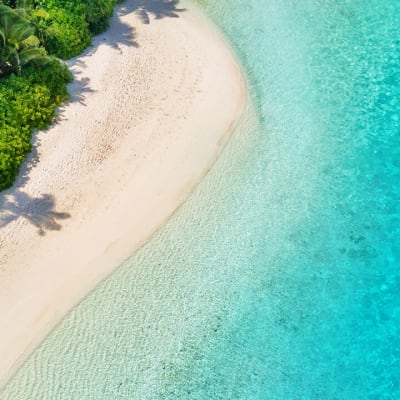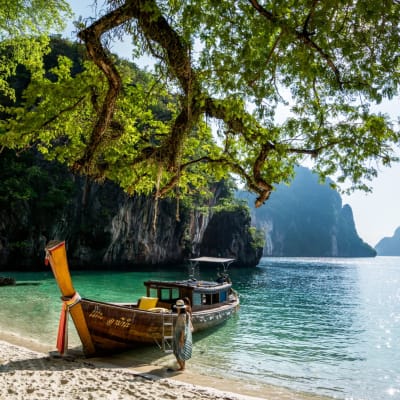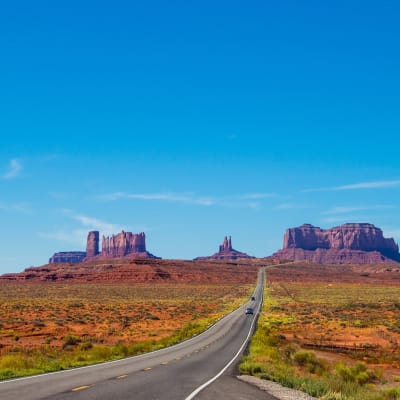Luxury Swiss Alps Holidays
Luxury holidays to the Swiss Alps promise discovery, adventure and astonishing natural scenery no matter what the season. Rolling out across the southern half of Switzerland, this vast mountainous region is dotted with luxury resorts and historic towns. A haven for snow sports enthusiasts in the winter months, it becomes the setting for excellent hiking and cycling in the summer.
Overview
Luxury holidays to the Swiss Alps promise discovery, adventure and astonishing natural scenery no matter what the season. Rolling out across the southern half of Switzerland, this vast mountainous region is dotted with luxury resorts and historic towns. A haven for snow sports enthusiasts in the winter months, it becomes the setting for excellent hiking and cycling in the summer.
The Alps are a dominant feature of Switzerland’s geography, covering 65% of the country. Though the Western Alps comprise the largest area of the Swiss Alps, it is in the Eastern Alps that you will find the country’s most famous ski resorts: St Moritz and Davos. Having twice hosted the Winter Olympics, St Moritz is a hotspot for competitive snow sports. It’s also a favoured hangout for royals and celebrities, famous for its designer boutiques and super-luxury resorts.
Davos boasts similar high-end credentials and is well known as a hub for nightlife and some of the longest, most pulse-pounding slopes in the country. Head into the Western Alps and you can explore some of Switzerland’s more low-key ski resorts. A tranquil and traditional atmosphere has been preserved in charming Andermatt and scenic Grindelwald, which looks onto the slopes of the spectacular Eiger Mountain.
Ski resorts aside, the Swiss Alps are packed with historic sites, natural wonders, and must-see scenery – from the iconic peak of the Matterhorn to the Jungfraujoch Railway Station (the highest in Europe). In the spring and summer months, the mountainous lakeside town of Interlaken is a jaw-dropping spot for an activities holiday - whether you're after watersports or hiking opportunities. Further east, the Swiss National Park provides some excellent walking trails in astonishing alpine surroundings.
When To Visit
The Swiss Alps may be famous as a snow sports destination, but they make for an incredible holiday destination throughout the year. If you’re lining up a skiing or snowboarding holiday, the best time to visit is between December and April when the resorts are blanketed with fresh snow.
In spring, the flowers come into bloom and the conditions are ideal for hiking. Summer brings unexpected hot weather – in Interlaken temperatures can push into the mid-twenties. In the autumn, expect red and gold foliage, crisp weather and smaller crowds.
Food & Drink
The staple dishes of the Swiss Alps are rich, hearty and revolve around cheese, potatoes and meat – but when you take a luxury holiday to this region you can expect to encounter so much more. At the 5-star resorts and hotels, restaurants serve a range of international cuisines as standard, catering to every taste imaginable.
Of course, every culinary tour of the Swiss Alps should incorporate classic dishes such as potato rosti, cheese fondue, raclette and geschnetzeltes (meat in a creamy sauce), washed down with local white wines.
Passport & Visas
British citizens do not need a visa to enter Switzerland, but before booking your holiday, you should check the country's entry requirements at GOV.UK. It’s normally recommended that you carry identification on your person when travelling in a foreign country.










